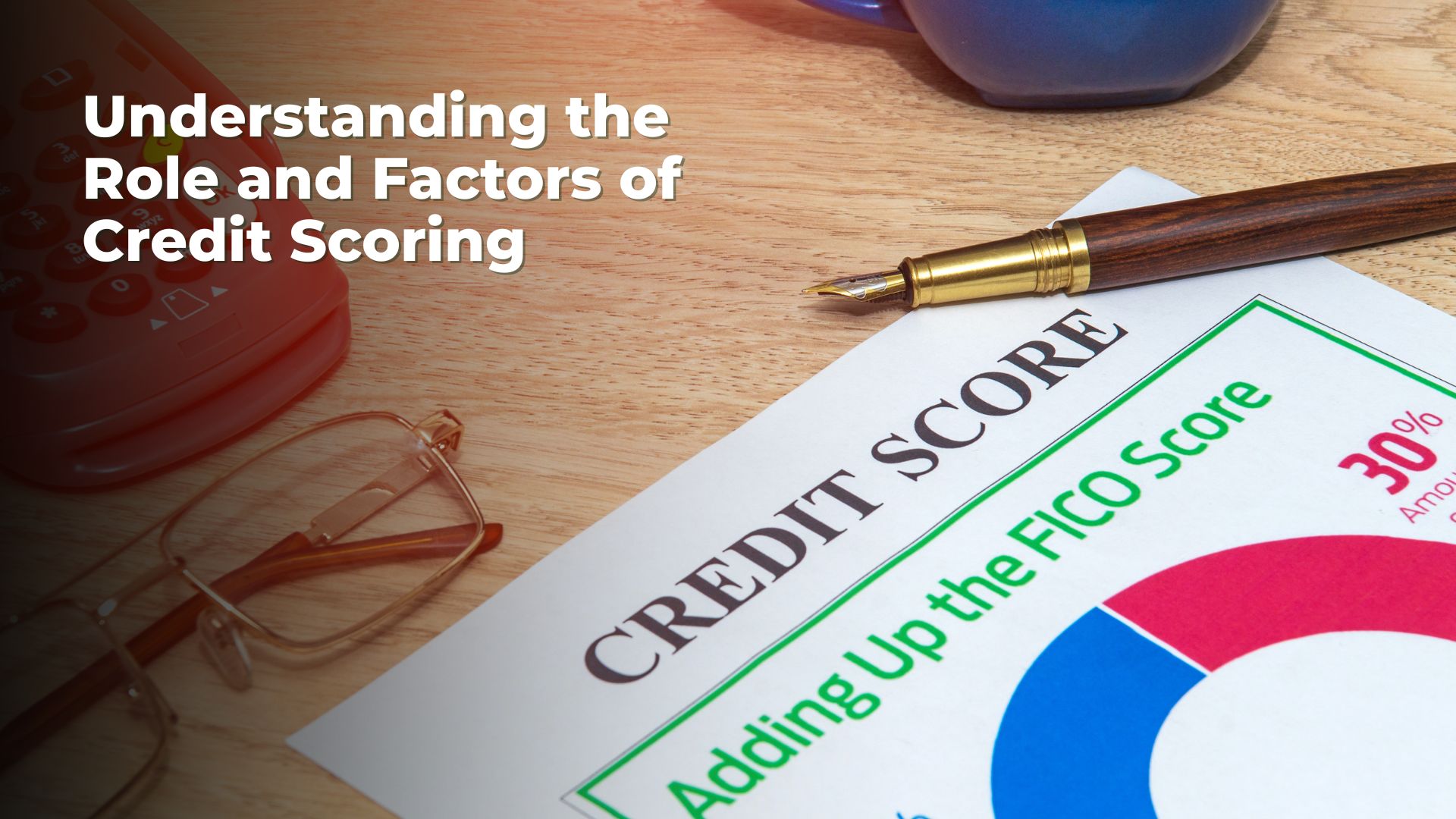

Imagine waking up one day and finding out without warning that your bank account has been drained. This situation may seem like something out of a financial nightmare, but it can happen, and often when you least expect it. The question is: can a creditor actually garnish your bank account without giving you notice?
In this article, we'll walk you through the ins and outs of bank account garnishment, who can initiate it, and what legal requirements and protections exist. You'll be better able to protect your hard-earned money and avoid any surprises if you understand the entire process.
Bank account garnishment is a legal process where a creditor obtains a court order to seize funds directly from your bank account to pay off a debt. Unlike wage garnishment, which involves deductions from your paycheck, bank account garnishment targets the funds that are already in your account.
Before they can garnish your bank account, creditors usually need to file a lawsuit against you and obtain a judgment. However, some government organizations, such as state child support agencies or the IRS, are able to seize money without a court order.
Knowing the legal conditions that must be fulfilled before your account can be garnished is just as important as understanding how bank account garnishment operates. Let's explore what those requirements are and which agencies are exempt from notice.
For most creditors, garnishing your bank account requires a court order. This implies that they must file a lawsuit against you, obtain a judgment, and then ask the court for a garnishment order. Throughout this process, you'll typically be notified and have the opportunity to contest the garnishment.
However, these exceptions are crucial to understand since they give some authorities the ability to avoid the standard legal processes. Here's a closer look at which agencies have the authority to garnish your bank account without prior notice:
Explore our article on Understanding Commercial Debt Collection Laws and Agencies to gain deeper insights into the process.
Now that we know which agencies are exempt from the standard notification process, it's critical to address the frequently asked question: Can a creditor garnish my bank account without notice? Let's look into how creditors typically handle notifications and whether you might be caught off guard.
The simple answer is yes; a creditor can garnish your bank account without prior notice in certain situations. Some government agencies can act immediately without a court order, but the majority of creditors require one. Understanding when and how this can happen is essential to protecting your finances.
In many cases, debtors only find out about a garnishment after it has already taken place. Usually, the bank freezes the account and sends the requested cash to the creditor after receiving a garnishment order from the creditor.
This can be particularly shocking if you have not received any warning about the garnishment.
The bank freezes the money in your account and makes sure the creditor may access it as soon as they obtain the garnishment order. The bank subsequently transfers the necessary amount to the creditor in accordance with the law, often without your further involvement.
After receiving a court judgment, creditors send a formal order to the bank to begin garnishment. This order includes details on the amount to be seized and authorizes the bank to transfer the funds.
Even though you might not have been notified in advance, the bank must follow the creditor's orders as soon as it obtains the garnishment order.
Now that we know how creditors can garnish your bank account without notice, let's look at the bank's responsibilities in notifying you about the garnishment.
When banks obtain a garnishment order, they have certain duties to fulfill, including notifying you of the garnishment and protecting exempt funds. Understanding these rights can help you safeguard your assets during the process.
To make sure your money is handled correctly, you must be aware of these protections. In light of this, let's look at the various state legislations regarding garnishment procedures.
In the U.S., state laws surrounding garnishment procedures and protections can differ widely. Individual states have the authority to enforce more stringent regulations or provide their citizens with additional protections, even though federal law establishes some fundamental guidelines.
Understanding these variations is essential for protecting your bank account and knowing your rights.
You may be interested in: The Benefits and Cons of Outsourcing Debt Collection Services.
Because of these variations, it's crucial to consult with an attorney experienced in the laws of your state to understand how they affect garnishment processes fully. This guidance can help ensure your rights are upheld, and you can take the appropriate actions to protect your assets.
By being proactive, you can reduce the chance of unforeseen financial disruptions and protect your bank account from garnishment. Are you aware of the measures you can take to protect your funds from garnishment? Here are a few practical strategies to protect your bank account.
If you're a business dealing with overdue accounts, South East Client Services (SECS) offers specialized solutions for managing and recovering delinquent receivables. SECS helps businesses convert distressed accounts into cash through proven strategies and expert compliance practices. To learn more about SECS, click here.
With these strategies in mind, let's now summarize the key takeaways and how you can protect yourself going forward.
Understanding how bank account garnishment works and knowing your rights can help you prevent unexpected financial disruptions. You can better protect your money against garnishment by being aware of the legal requirements and taking preventative measures.
Businesses can manage past-due debts with a comprehensive approach from South East Client Services (SECS). Their proficiency in advanced analytics and legal collections guarantees the effective recovery of distressed receivables.
For tailored support in resolving debt issues and improving your cash flow, contact SECS today and see how they can help streamline your collections process.